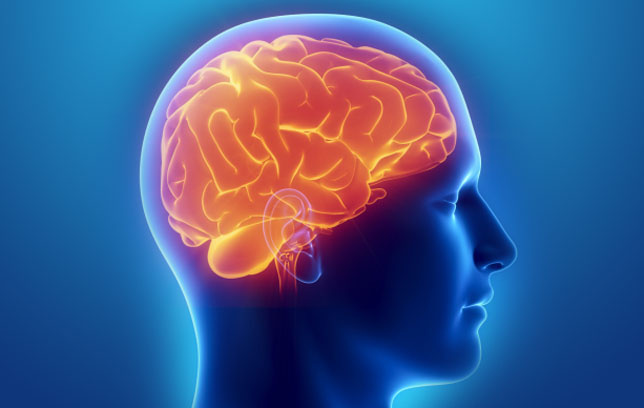Last month I started a series on being proactive when it comes to your health. Where proactivity is most important is in the maintenance of brain health. Alzheimer’s and other types of dementia can get its foothold in your brain 20 or 30 years before you have any symptoms. And Alzheimer’s is a devastating disease that has no known cure. So, the best time to start the preventative program was probably when you were a teenager. The second-best time is now.
I have already covered the importance of lifelong learning, sleep, and relationships in previous weeks. This week I will cover the importance of exercising both your body and your brain. Not only will it help prevent or impede the progress of dementia, but it will also help strengthen your proactive brain as well.
Since you are activating your brain-based executive skills when you are being proactive, the most effective way to help the process is through physical exercise. According to Shelley Carson, in her book, Your Creative Brain, taking a walk will reliably activate the frontal lobes of your brain. Carl Cotman, director of the Institute for Brain Aging and Dementia at the University of California, showed that there is a direct biological connection between movement and cognitive function.
Physical exercise stimulates the creation of new neurons not confined to the region of the hippocampus that stores new memories. One study indicated that six months of aerobic exercise improved cognitive functioning. Art Kramer of the University of Illinois at Urbana-Champaign found that a year of exercise can give a seventy-year-old the connectivity of a thirty-year old.
Your brain is only about 2% of your body weight, and yet consumes about 20% or more of the energy. Physical exercise not only increases circulation of nutrient-carrying blood to the brain, but it also reduces the risk of dying from heart disease, stroke, diabetes, – and improves mood, muscles, bones, and lung capacity. John Ratey, author of the book, Spark: The Revolutionary New Science of Exercise and the Brain, expressed it simply in his book when he said, “Sedentary behaviour causes brain impairment.”
Next to physical exercise, cognitive exercise must be the most important strategy for strengthening your cognitive skills; because it also strengthens your memory and recall skills, which are needed when thinking proactively. What has not been saved in long-term memory cannot be used by the brain to anticipate or predict future events when deciding which of the various courses of action is the best one to take.
And without memory techniques, almost everything you hear or read is forgotten within 72 hours without ever reaching your long-term memory. Gary Small, in his book, The Memory Bible, says “Our brains can become more efficient if we practice or become skilled at memory techniques.” Many such techniques are discussed in my e-Book, Boost Your Memory & Sharpen Your Mind.
Most of the information from the last four weeks has been excerpted from a downloadable course that I am developing on how to become more proactive. There is more information on strengthening you brain in my recently published book, How to Become a Proactive Person: The 7 Habits of Proactive People.
Successful People Read. A Lot.
What do Warren Buffett, Mark Zuckerberg, Elon Musk and Oprah Winfrey have in common? They all read - a LOT! If you want to be successful you need to read. We have over 30 short ebooks designed to get you booked up fast!



Recent Comments